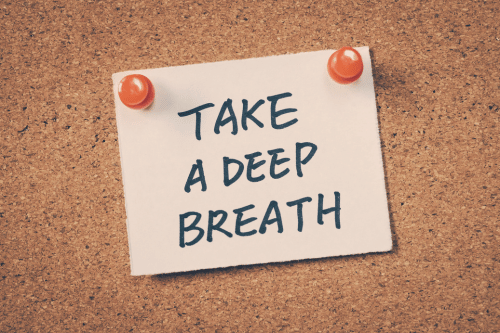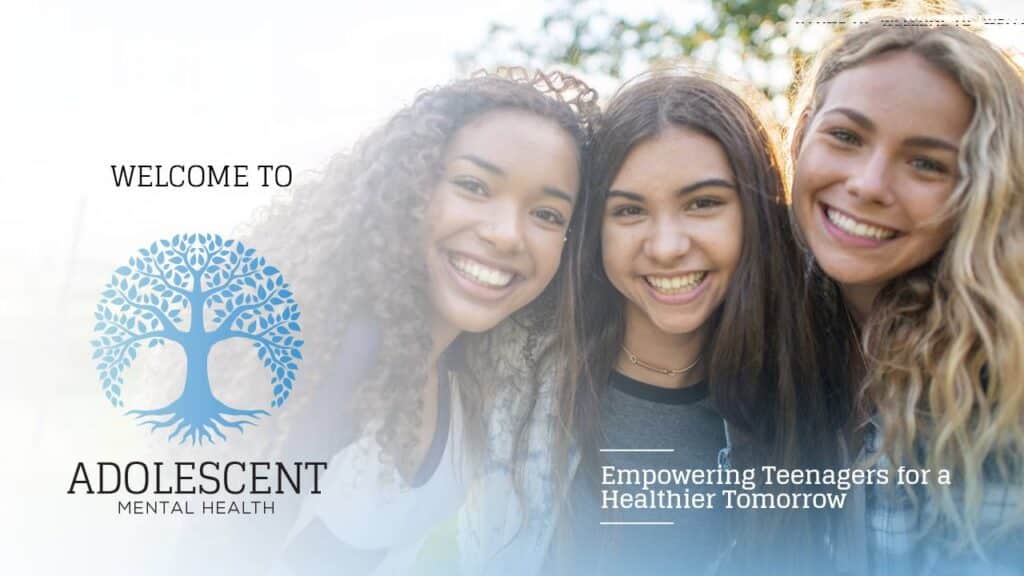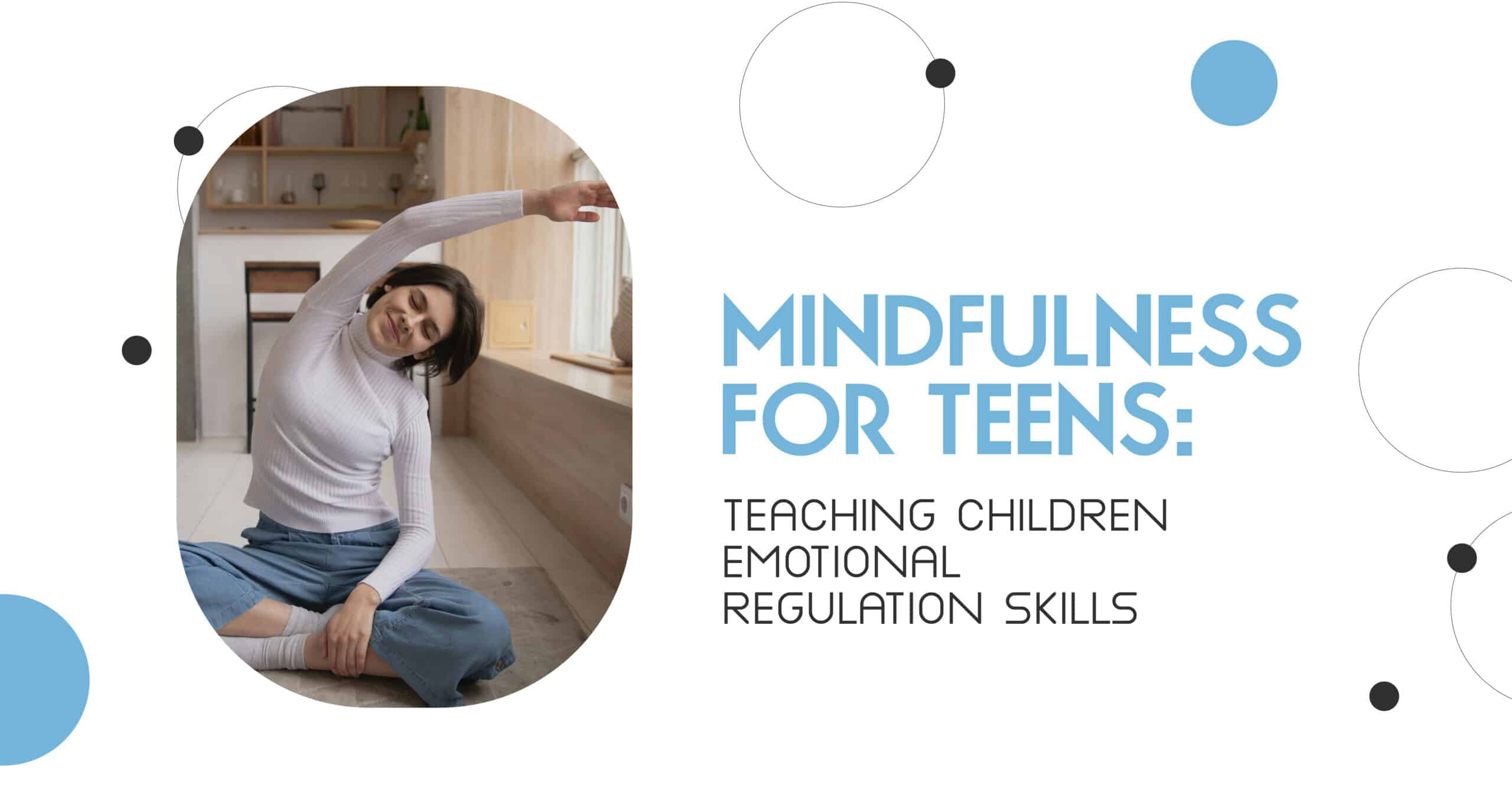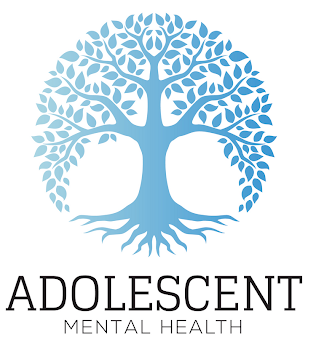In today’s fast-paced world, teenagers often find themselves bombarded with stressors from various angles. From academic pressures to social challenges, navigating adolescence can feel like a rollercoaster ride of emotions. However, teaching teens essential emotional regulation skills can empower them to manage their feelings effectively and lead more balanced lives. One powerful tool for achieving this is mindfulness, which plays a crucial role in enhancing mental health.
Understanding the Importance of Mindfulness for Teens

What is Mindfulness?
Mindfulness is the practice of being present and fully engaged in the moment, without judgment. It can involve engaging the ‘five senses’ through exercises like the ‘5-4-3-2-1‘ technique, which helps individuals notice specific sensory inputs. It involves paying attention to thoughts, feelings, bodily sensations, and the surrounding environment. For teens, who may feel overwhelmed by the constant stream of distractions and demands, cultivating mindfulness can provide a sense of calm and clarity.
Why is Emotional Regulation Important for Teens?
Emotional regulation refers to the ability to manage and respond to emotions in healthy ways. It plays a crucial role in adolescent development, impacting various areas of life, including relationships, academic performance, and mental well-being. Teaching teens how to regulate their emotions empowers them to handle stressors more effectively and make better decisions. This, in turn, significantly enhances their mental health by helping them manage stress, anxiety, and depression.
Practical Strategies for Teaching Mindfulness Skills to Teens
Mindful Breathing Exercises

Teach teens simple breathing techniques, such as belly breathing or the 4-7-8 technique, to help them calm their minds and bodies. Encourage them to practice these exercises regularly, as they require just a few minutes, especially during times of stress or overwhelm.
Body Scan Meditation
-
Guide teens through a body scan meditation, where they systematically focus on each part of their body, noticing any sensations without judgment.
-
This practice promotes self-awareness and helps teens develop a deeper connection with their bodies.
Mindful Journaling
-
Encourage teens to keep a mindfulness journal, where they can reflect on their thoughts, emotions, and experiences.
-
Writing can serve as a powerful outlet for self-expression and introspection, allowing teens to gain insights into their inner world.
Mindful Movement
-
Incorporate mindful movement practices, such as yoga or tai chi, into teens’ routines.
-
These activities not only promote physical health but also cultivate mindfulness and body awareness.
Guided Imagery
-
Lead teens through guided imagery exercises, where they visualize peaceful scenes or positive outcomes.
-
This technique helps teens relax and shift their focus away from stressors, promoting a sense of calm and well-being.
Practicing Mindfulness in Everyday Life

Integrating Mindfulness into Daily Routines
Mindfulness can be seamlessly woven into various aspects of everyday life, transforming routine activities into opportunities for greater awareness and presence. For instance, starting the day with a few minutes of deep breathing or a short meditation session can set a positive tone, helping teens approach their day with a calm and focused mindset. Similarly, practicing mindful eating during meals—paying attention to the taste, texture, and aroma of food—can foster a healthier relationship with food and enhance self-awareness.
Incorporating mindfulness exercises into daily routines doesn’t have to be time-consuming. Simple practices like taking a mindful walk, where teens focus on the sensations of their feet touching the ground and the sounds around them, can make a significant difference. By integrating these small moments of mindfulness into their everyday life, teens can cultivate a greater sense of presence and well-being.
Encouraging Consistent Practice
Consistency is crucial when it comes to developing mindfulness skills. Encouraging teens to practice mindfulness regularly, even if it’s just for a few minutes each day, can help them build a sustainable habit. Setting reminders on their phones, finding a mindfulness buddy to practice with, or incorporating mindfulness into their daily routines can all support consistent practice.
For example, teens can set aside a few minutes before bed to reflect on their day through mindful journaling, noting their thoughts and feelings without judgment. This regular practice can lead to reduced stress and anxiety, improved focus, and enhanced overall well-being. By making mindfulness a daily habit, teens can experience its profound benefits and navigate life’s challenges with greater ease.
Addressing Common Challenges in Teaching Mindfulness to Teens
Resistance
Acknowledge teens’ skepticism or resistance towards mindfulness and validate their feelings.
Highlight the scientific evidence supporting the benefits of mindfulness and provide relatable examples of how it can improve their lives. Suggest using video resources to engage teens in mindfulness practices.
Distractions
-
Recognize that teens are constantly bombarded with distractions from technology, social media, and peer pressure.
-
Encourage them to set aside dedicated time for mindfulness practice and create a conducive environment free from distractions.
Peer Influence
-
Emphasize the importance of peer support in cultivating mindfulness.
-
Encourage teens to practice mindfulness together with friends or participate in group activities, such as mindful walks or meditation sessions.
Mindfulness and the Present Moment
Emphasizing Present Awareness
At the heart of mindfulness is the practice of being fully present in the moment, free from judgment or distraction. This present-moment awareness can be cultivated through various mindfulness exercises, such as body scan meditation or mindful walking. By focusing on the sensations in their body or the environment around them, teens can anchor themselves in the present and reduce mind-wandering.
Engaging in activities that emphasize present awareness helps teens stay calm and focused, even in challenging situations. For instance, during a body scan meditation, teens can systematically pay attention to different parts of their body, noticing any sensations without trying to change them. This practice not only enhances self-awareness but also promotes relaxation and stress reduction.
By prioritizing present-moment awareness, teens can develop a deeper appreciation for life and improve their ability to handle stress and anxiety. Practicing mindfulness in this way empowers them to stay grounded and resilient, fostering a sense of inner peace and well-being.
Leveraging Mindfulness to Support Emotional Regulation in Teens: FAQs
How can parents incorporate mindfulness into their teens’ daily routines?
-
Parents can lead by example and practice mindfulness themselves.
-
They can also encourage teens to attend mindfulness workshops or classes together as a family.
Are there any apps or online resources specifically designed for teen mindfulness?
-
Yes, several apps offer guided mindfulness exercises tailored to teens, such as Headspace for Kids and Stop, Breathe & Think.
Can mindfulness help teens with anxiety or depression?
-
Yes, research suggests that mindfulness-based interventions can be effective in reducing symptoms of anxiety and depression in teens.
Conclusion: Empowering Teens with Mindfulness
In conclusion, teaching mindfulness to teens is not just about helping them relax; it’s about equipping them with lifelong skills for emotional regulation and self-awareness. By integrating mindfulness practices into their daily lives, teens can navigate the ups and downs of adolescence with greater resilience and inner peace. As educators, parents, and mentors, let’s empower the next generation to thrive mentally, emotionally, and spiritually.
By focusing on practical strategies, addressing common challenges, and providing valuable resources, we can ensure that teens have the tools they need to master emotional regulation and lead fulfilling lives.
Remember, it’s never too early to start practicing mindfulness, and the benefits can last a lifetime. Let’s embark on this journey together and empower teens to become the best versions of themselves.










